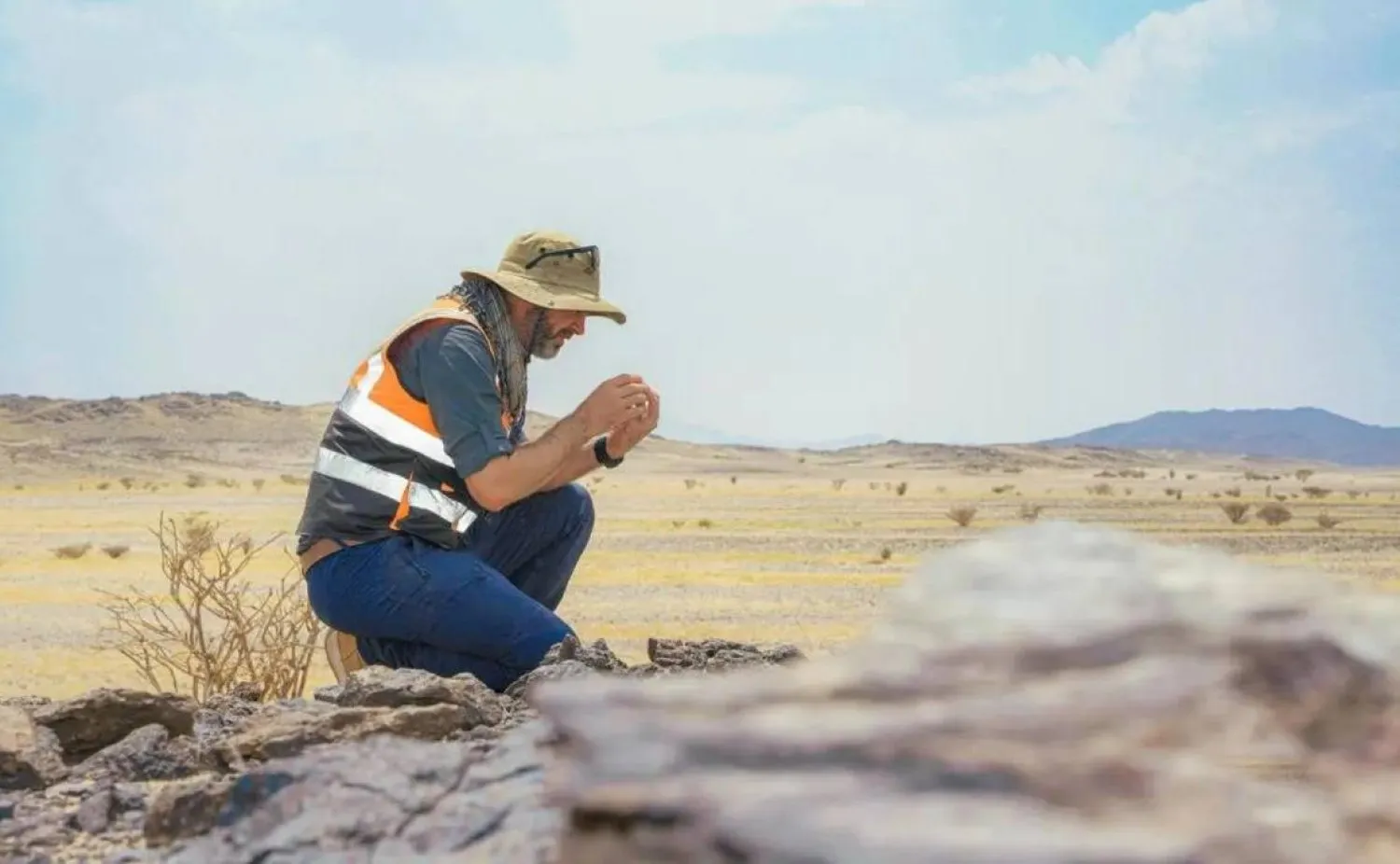Forty-nine projects submitted by six local and international companies have qualified in the first round of Saudi Arabia’s “Mining Exploration Empowerment” program.
The program, launched by the Ministries of Industry and Mineral Resources and Investment during the International Mining Conference 2024, aims to enhance the competitiveness and attractiveness of the Kingdom’s mining sector.
In a joint statement, the ministries highlighted the strong interest from both local and international companies. A total of 82 applications were evaluated, submitted by 18 companies, resulting in the preliminary approval of 49 projects from six companies.
These projects align with the program’s goals and participation criteria, with final approvals pending the completion of necessary requirements and procedures.
The program aims to accelerate mining exploration, increase the reliability of technical and geological data, reduce risks for exploration companies during the early stages, and encourage investment in this critical phase of the sector, which is essential to achieving the goals of Vision 2030.
The “Mining Exploration Empowerment” program supports qualified companies by boosting their exploration capabilities within their licensed areas. It covers a total of 4,000 square kilometers, with drilling costs amounting to SAR 179 million ($47.7 million), distributed across diamond and rotary drilling, among other types. Additionally, SAR 12 million ($3.2 million) is allocated for geophysical and geochemical surveys.
The ministries are also preparing for the second phase of the program, set to be announced in January, which will focus on expanding exploration into unexplored areas, particularly for strategic minerals such as copper, lithium, nickel, gold, and iron.
These efforts align with the Kingdom’s broader goals to bolster the mining sector’s investment environment by providing advanced geological data in line with international standards, creating new, attractive investment opportunities for leading global companies.









